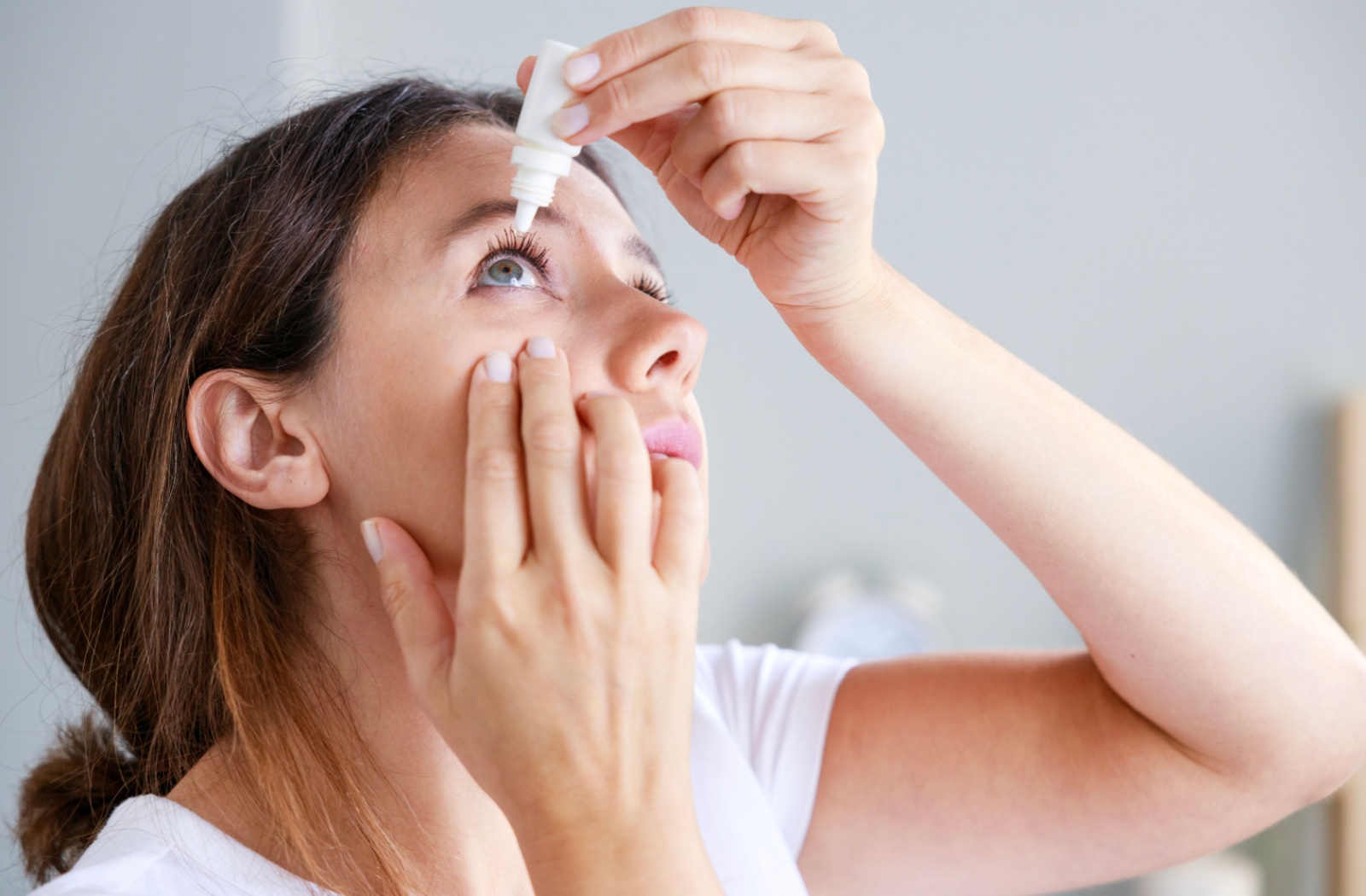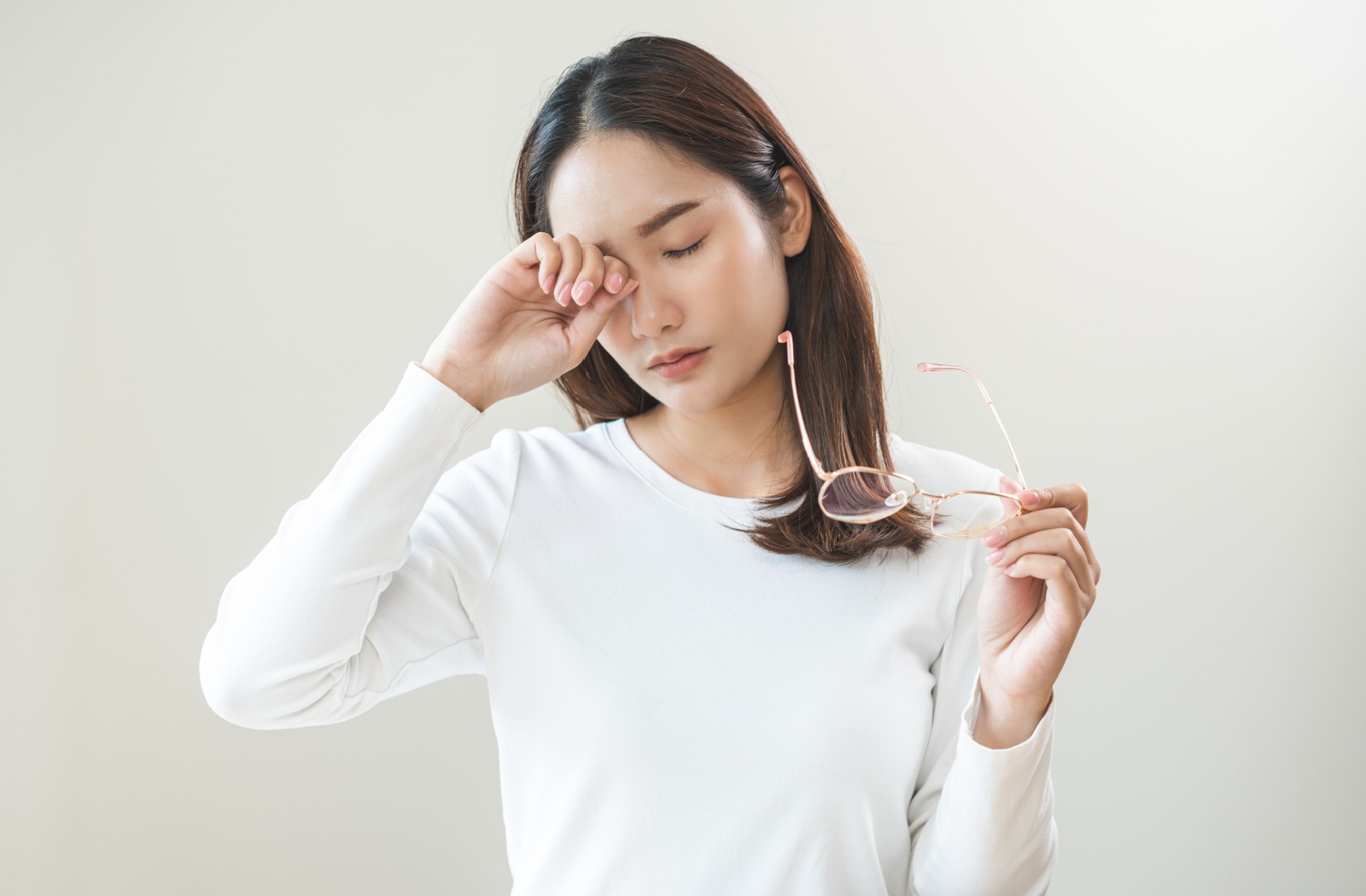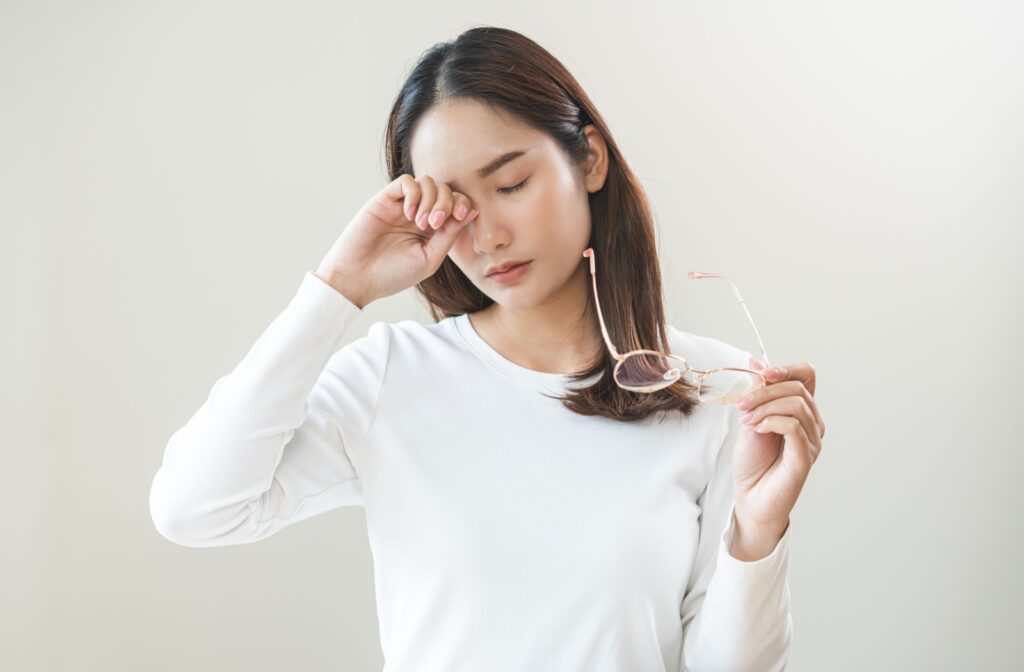Dry eyes are a common condition that causes discomfort, irritation, and can significantly impact your quality of life. If you’re one of the millions who suffer from this ailment, you’ve likely tried various remedies to find relief. Among the myriad of options, eye masks have emerged as a popular choice. But how effective are they in treating dry eyes?
While eye masks for dry eyes have shown potential in relieving symptoms, their effectiveness can vary from person to person.
Understanding Dry Eyes
Before we dive into the effectiveness of eye masks, it’s important to understand what causes dry eyes. This condition occurs when your eyes don’t produce enough tears, or the tears evaporate too quickly. Factors contributing to dry eyes include aging, environmental conditions, prolonged screen time, and certain medications or medical conditions.
Common symptoms include:
- Stinging or burning sensation
- Redness
- Sensitivity to light
- Blurred vision
- A feeling of having something in your eye
Addressing these symptoms promptly can prevent complications such as eye infections or damage to the eye’s surface.
The Role of Eye Masks
Eye masks designed for dry eye relief work by providing warmth and moisture to the eyes. They’re often used as part of a broader treatment plan that includes artificial tears and lifestyle adjustments. They offer relief in a number of ways:
Warm Compresses
One of the oldest and most effective remedies for dry eyes is applying a warm compress. Heat increases blood flow and stimulates the oil glands in the eyelids, encouraging the production of the oily components of tears. This oil helps prevent tear evaporation, providing longer-lasting relief.
Moisture Retention
Some eye masks are designed to retain moisture, thereby creating a humid environment around the eyes. This helps to hydrate the eyes’ surface and maintain a good moisture balance, reducing the evaporation of natural tears.
Relaxation & Stress Relief
Stress and lack of sleep can exacerbate dry eye symptoms. Eye masks offer a soothing experience that promotes relaxation and better sleep, which in turn can help alleviate dry eye symptoms.

Types of Eye Masks
There are several types of eye masks available, each with unique features that help with dry eyes.
Heated Eye Masks
These masks are microwavable or powered by USB, and provide consistent heat to stimulate oil production from the glands in your eyelids. Use them for about 10-15 minutes for optimal results.
Moist Heat Eye Masks
These masks combine heat with moisture. They’re typically used by microwaving them briefly, which allows them to release moisture and provide relief to irritated and dry surfaces of the eye.
Gel Eye Masks
These masks can be heated or chilled and are often used to reduce puffiness and relieve tension. While not specifically targeted for dry eyes, they offer some symptomatic relief through their temperature-regulating properties.
Sleep Masks
Though primarily used to block light and promote better sleep, some variants are designed with materials that retain moisture. Such masks offer mild benefits for dry eyes.
Effectiveness & User Experience
While eye masks for dry eyes have shown potential in relieving symptoms, their effectiveness can vary from person to person. Those with mild to moderate dry eyes may find significant relief using eye masks as part of their daily routine. However, for severe cases, masks should be used alongside other treatments.
Benefits of Eye Masks
- Non-Invasive: Eye masks are a non-invasive treatment option.
- Easy to Use: Eye masks are convenient and can be incorporated into bedtime routines or used during breaks throughout the day.
- Affordable: Compared to other treatment options, eye masks are relatively inexpensive.
- Versatile: Many masks can be used for multiple purposes, including relaxation and relieving eye strain.
Drawbacks of Eye Masks
- Temporary Relief: The relief provided by eye masks is often temporary and may require frequent use.
- Not a Standalone Solution: Eye masks should be part of a comprehensive treatment plan.
- Varied Results: Individual experiences can vary, and some may find little to no relief from using eye masks alone.
Expert Opinions & Studies
Research on the effectiveness of eye masks for dry eyes is limited but promising. A study published in the journal Cornea found that patients using a moist heat eye mask experienced improved tear stability and reduced dry eye symptoms compared to those who did not use a mask.
Eye care professionals often recommend eye masks as part of a broader treatment strategy. They emphasize the importance of identifying and addressing the underlying causes of dry eyes, such as lifestyle factors and environmental conditions.
Considering Booking Your Next Appointment
Eye masks can be an effective tool in managing dry eye symptoms, offering warmth, moisture, and relaxation. They provide a convenient, non-invasive, and affordable option for those seeking relief. However, it’s crucial to remember that they work best when combined with other treatments and lifestyle changes tailored to your specific needs.
If you’re struggling with dry eyes, consider giving eye masks a try or consult with Vision Care Centre for a dry eye assessment to create a treatment plan best for you. Remember, achieving relief from dry eyes often requires a multi-faceted approach, and patience is key.



